Cotton fabric is a popular choice for shirts due to its breathability, comfort, durability, and versatility. However, not all cotton fabrics are created equal. This article aims to provide businesses with an overview of the various types of cotton fabric available for manufacturing shirts, enabling them to make informed decisions when selecting materials for their products. 1. Combed Cotton: Combed cotton is renowned for its softness and smooth texture. During the manufacturing process, short fibers and impurities are removed, resulting in a fabric that is less prone to pilling and snagging. Combed cotton shirts are known for their luxurious feel, making them an excellent choice for high-end or premium brands.
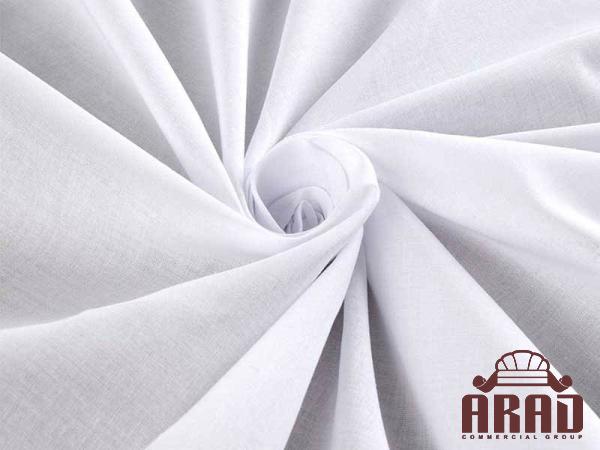
.
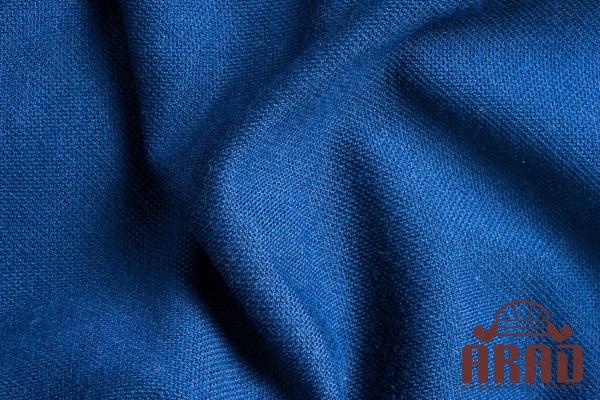 2. Organic Cotton: In recent years, there has been a growing demand for organic cotton fabric. Organically grown cotton is cultivated without the use of synthetic pesticides or fertilizers, making it environmentally friendly and hypoallergenic. Shirts made from organic cotton appeal to consumers who prioritize sustainability and ethical sourcing. 3. Pima Cotton: Pima cotton, also known as Supima cotton, is considered one of the finest cotton varieties. Known for its long, luxurious fibers, Pima cotton produces shirts that are exceptionally soft, durable, and resistant to pilling. Shirts made from Pima cotton are highly sought after by customers who value quality and superior comfort.
2. Organic Cotton: In recent years, there has been a growing demand for organic cotton fabric. Organically grown cotton is cultivated without the use of synthetic pesticides or fertilizers, making it environmentally friendly and hypoallergenic. Shirts made from organic cotton appeal to consumers who prioritize sustainability and ethical sourcing. 3. Pima Cotton: Pima cotton, also known as Supima cotton, is considered one of the finest cotton varieties. Known for its long, luxurious fibers, Pima cotton produces shirts that are exceptionally soft, durable, and resistant to pilling. Shirts made from Pima cotton are highly sought after by customers who value quality and superior comfort.
..
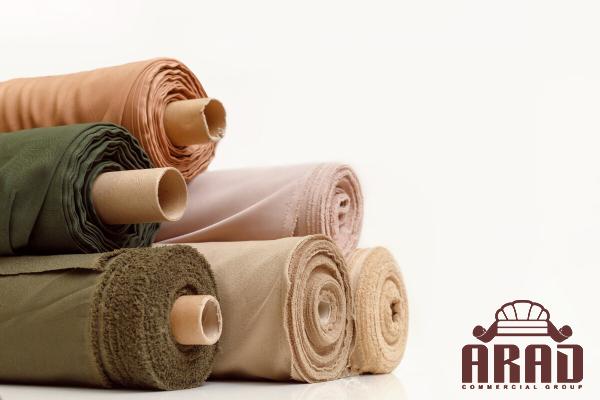 4. Egyptian Cotton: Renowned for its extraordinary softness and durability, Egyptian cotton is often considered the gold standard in cotton fabrics. Its long-staple fibers create a fabric that is breathable, lightweight, and resistant to wear and tear. Egyptian cotton shirts are an excellent choice for customers with discerning tastes and a preference for luxurious clothing. 5. Ring-Spun Cotton: Ring-spun cotton is produced by continuously twisting and thinning cotton strands to create a fine, strong thread. This process results in a fabric that is softer and more durable than regular cotton. Ring-spun cotton shirts have a smoother surface and a higher-quality finish, making them a popular choice for businesses aiming to produce comfortable and long-lasting shirts. 6. Slub Cotton: Slub cotton fabric is known for its unique texture and appearance. During spinning, intentional irregularities are introduced, creating small lumps or knots in the fabric.
4. Egyptian Cotton: Renowned for its extraordinary softness and durability, Egyptian cotton is often considered the gold standard in cotton fabrics. Its long-staple fibers create a fabric that is breathable, lightweight, and resistant to wear and tear. Egyptian cotton shirts are an excellent choice for customers with discerning tastes and a preference for luxurious clothing. 5. Ring-Spun Cotton: Ring-spun cotton is produced by continuously twisting and thinning cotton strands to create a fine, strong thread. This process results in a fabric that is softer and more durable than regular cotton. Ring-spun cotton shirts have a smoother surface and a higher-quality finish, making them a popular choice for businesses aiming to produce comfortable and long-lasting shirts. 6. Slub Cotton: Slub cotton fabric is known for its unique texture and appearance. During spinning, intentional irregularities are introduced, creating small lumps or knots in the fabric.
…
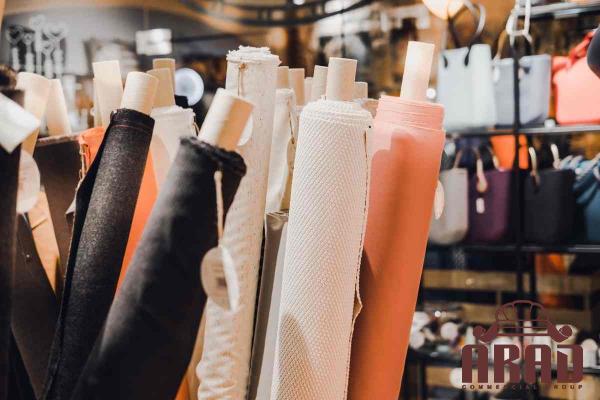 This distressed effect gives slub cotton shirts a casual, relaxed look. Businesses targeting a niche audience seeking vintage or trendy styles may find slub cotton to be an appealing option. Conclusion: When it comes to producing shirts, the choice of cotton fabric is crucial. Businesses must consider their target market, brand positioning, and desired characteristics of the finished product. By understanding the different types of cotton fabric available, businesses can select the most appropriate option for their shirts, ensuring customer satisfaction and ultimately boosting their competitiveness in the market. Whether it be combed cotton for luxury, organic cotton for sustainability, or Pima cotton for superior comfort, the right choice of cotton fabric can significantly enhance the appeal and value of a business’s shirt offerings.
This distressed effect gives slub cotton shirts a casual, relaxed look. Businesses targeting a niche audience seeking vintage or trendy styles may find slub cotton to be an appealing option. Conclusion: When it comes to producing shirts, the choice of cotton fabric is crucial. Businesses must consider their target market, brand positioning, and desired characteristics of the finished product. By understanding the different types of cotton fabric available, businesses can select the most appropriate option for their shirts, ensuring customer satisfaction and ultimately boosting their competitiveness in the market. Whether it be combed cotton for luxury, organic cotton for sustainability, or Pima cotton for superior comfort, the right choice of cotton fabric can significantly enhance the appeal and value of a business’s shirt offerings.
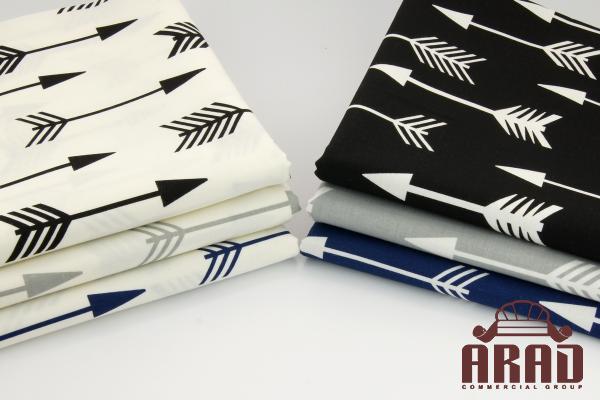
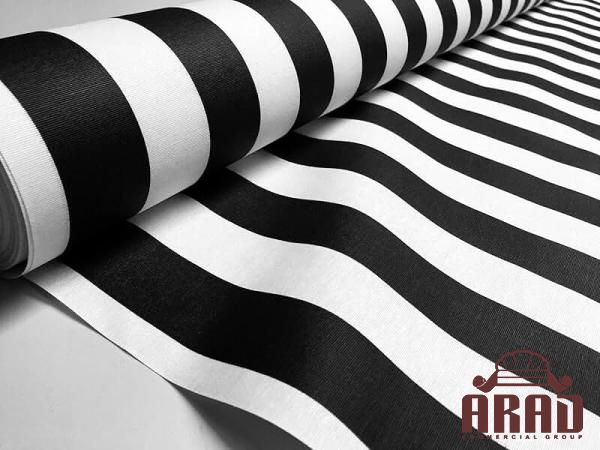
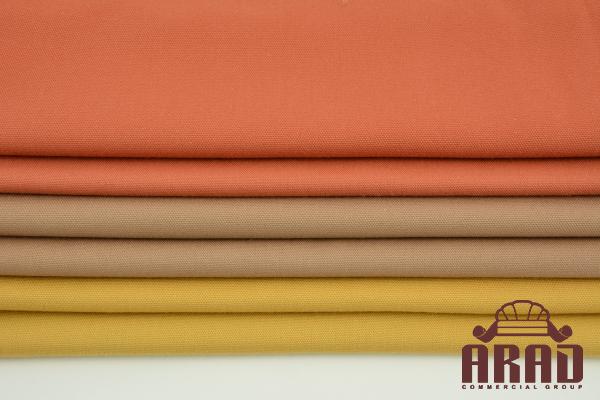
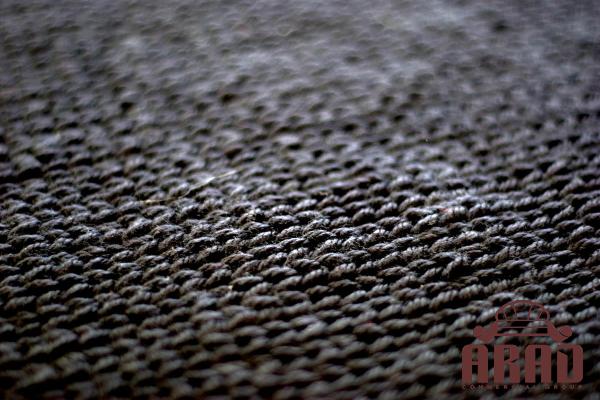
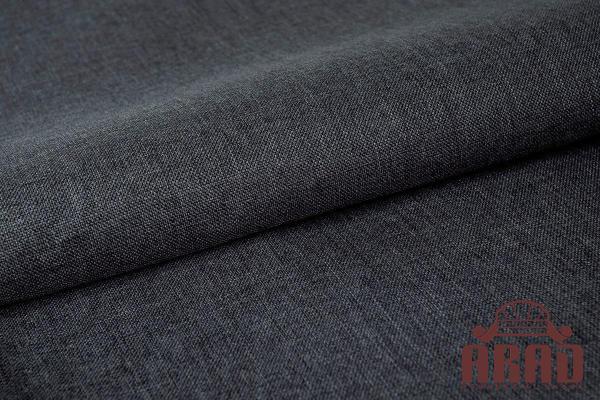
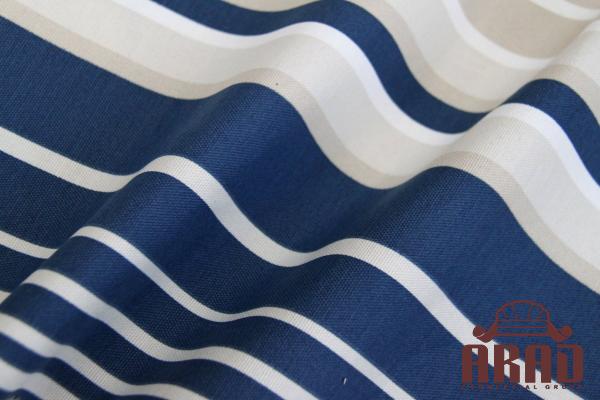
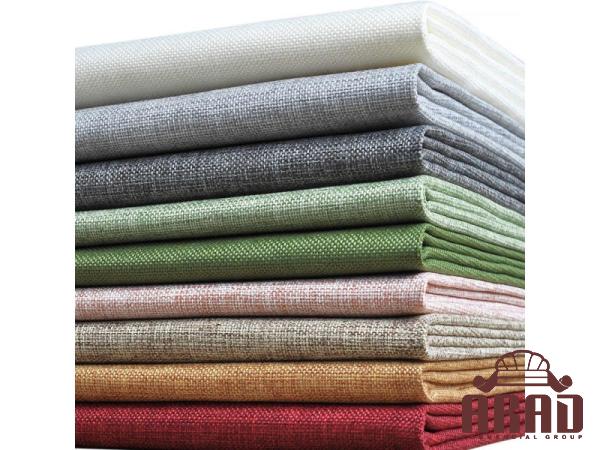
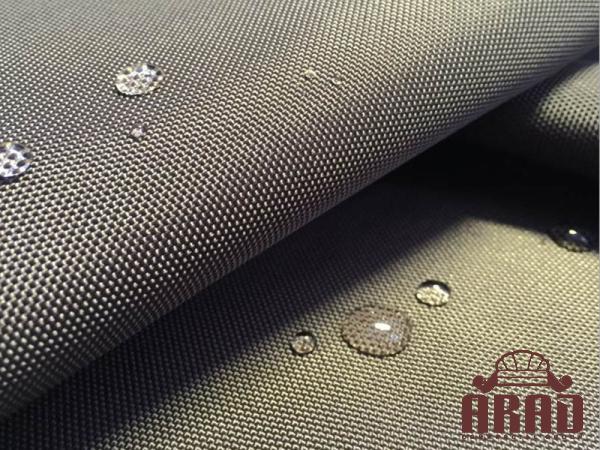
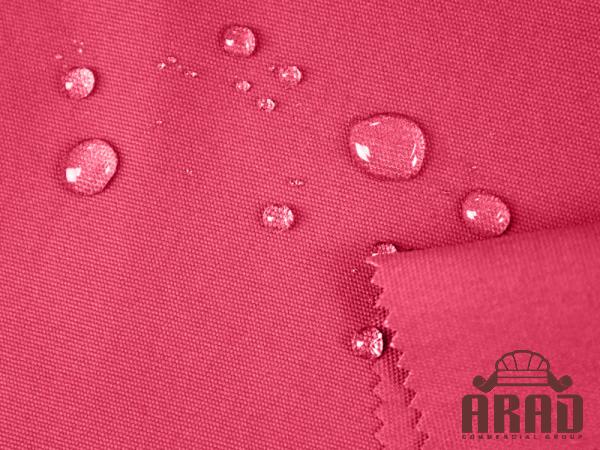
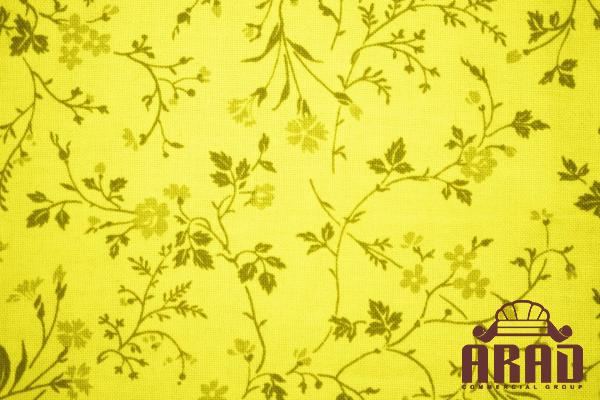
Your comment submitted.